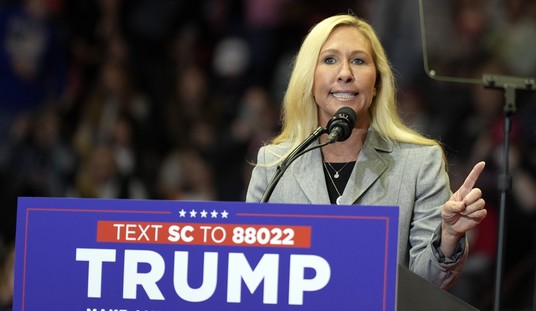
The Constitution’s Commerce Clause gives the federal government the power to regulate commerce “among the several states.” This has been a major boon for American consumers over the years, by preventing state-to-state protectionism.
But now, with a national broadband framework rule looming from the Federal Communications Commission, many progressive activists are trying to pull one over on us. The Internet, they are arguing with a straight face but with fingers crossed, is not about interstate commerce.
That’s laughably false, legally and historically. The military invented the backbone of the Internet. Most commerce that the Internet facilitates is interstate commerce. Think Amazon or eBay.
What the FCC is contemplating isn’t radical. It would be consistent with the “light touch” regulations in place since the Clinton presidency. That policy allowed the Internet to flourish.
It wasn’t until late into the Obama administration that regulators took steps to mess this success story with novel theories about how broadband providers should be forced to behave. They set the changes in motion and counted on the next administration to clean up the mess.
Left-wing extremist Activists still want to impose a local utility regulation-style model on companies that traffic in broadband. By all signs, they appear to be losing that fight at the FCC. So they are urging states to step into in area of regulation that is constitutionally removed from their powers.
If this seems like a desperation move, it is. Utility style regulation gave us local cable monopolies with sky high prices and awful service. The national broadband framework is closer to the opposite of that, and many progressives must fear, deep down, that it would work.
A good FCC ruling would foster many good things – chiefly, more competition among broadband providers, choices in what kind of broadband consumption we prefer, and lower prices.
By the time a different administration rolled around, the results would be so popular as to be practically irreversible.














Join the conversation as a VIP Member